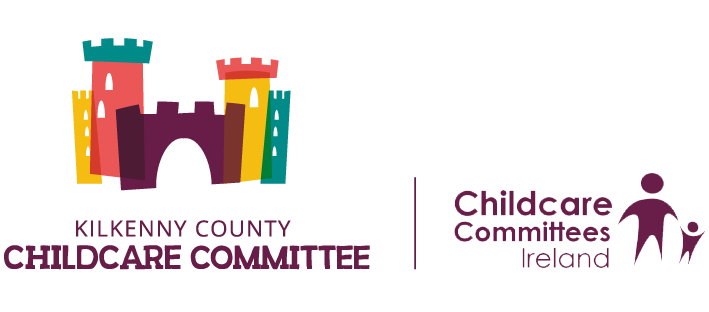Minister O’Gorman marks World Children’s Day with new ‘First 5’ implementation plan
The Minister for Children, Equality, Disability, Integration and Youth, Roderic O’Gorman, will today, on World Children’s Day, unveil the latest implementation plan for ‘First 5’, the ten-year whole of government strategy for babies, young children and their families.
‘First 5’ was first launched in 2019, and covers the period up to 2028.
The latest Implementation Plan describes the ambitious steps that will be taken over the period 2023 to 2025 to ensure children get the best start in life.
Over this phase of implementation, 125 actions will be delivered across 10 Government Departments, the HSE and Tusla as well as 31 delivery partners. Each action has a defined 2025 output and a clear schedule of associated annual milestones. Progress on these milestones will be monitored by the First 5 Implementation Office and reported on annually.
Key actions under Phase 2 include:
- Extending the individual entitlement to Parent’s Leave and Benefit from 7 weeks to 9 weeks
- Introducing measures to address food poverty, specifically the provision of targeted funding for the provision of meals to children in early learning and care and school-age childcare services serving disadvantaged communities.
- Introducing the Equal Participation Model (EPM) to maximise participation and inclusion of disadvantaged children in early learning and care and school-age childcare settings.
- Expanding supports under the award winning Access and Inclusion Model (AIM) beyond the ECCE pre-school programme.
- Preparations for the introduction of a legal entitlement to the ECCE pre-school programme.
- A design and implementation planning process to bring together the functions carried out by Tusla’s Early Years Inspectorate and the Department of Education (DE) Inspectorate’s Early Years team into a single body that provides integrated care and education inspections.
- A design and implementation planning phase for the establishment of dedicated state agency for early learning and care and school-age childcare.
Speaking ahead of today’s publication, Minister O’Gorman said:
“As Minister for Children, I am delighted to publish the First 5 Implementation Plan 2023-2025.
“This three-year plan builds on the very considerable progress that has been made to deliver on First 5 commitments between 2019-2022 and sets out the next steps we will take to ensure that children have the necessary supports in life to develop to their full potential”.
“Over the last number of years, we have substantially reduced costs for parents and expanded access to early learning care and school-age childcare, while increasing leave entitlements for parents. This new implementation plan sets out how we will continue the progress made over recent years.
“I look forward to continued collaboration with colleagues across Government Departments, State Agencies, community and voluntary sector and wider delivery partners in the pursuit of better outcomes for babies, young children and their families.”
Notes for editors
1. By 2028, parents will be supported to look after their babies at home for the whole of first year through a combination of paid family leave schemes.
2. A 2% increase annually in breastfeeding duration rates (in line with the target set in the National Breastfeeding Action Plan)
3. By 2028, all regulated childminders will have achieved a minimum training requirement, and a minimum qualification requirement will be introduced for school-age childcare with an appropriate lead-in time. The early learning and care workforce will be graduate-led, with at least 50% of staff working directly with children in centre-based early learning and care settings holding an appropriate degree-level qualification.
4. Between 2023 and 2028, Ireland will work to close the existing gap in public investment in early learning and care against the EU average.
5. By 2028, there will be 60,000 state-funded early learning and care places for children under 3.
6. Between 2023 and 2028, Ireland will work to close the existing gap in net early learning and care costs, as percentage of household disposable income, against the EU average.
7. By 2028, uptake rates to the ECCE programme or an equivalent pre-primary programme by Traveller and Roma children will be more closely aligned to the national average.



